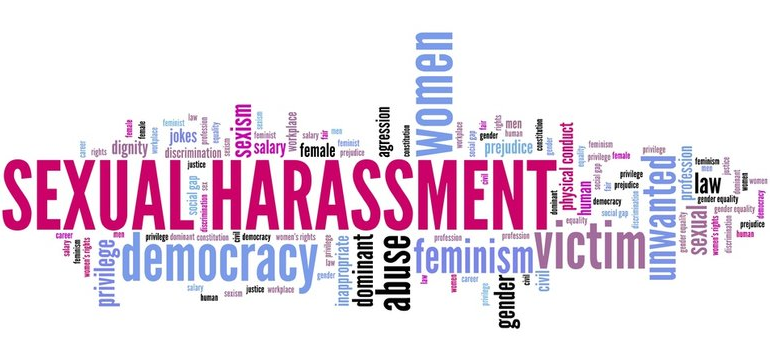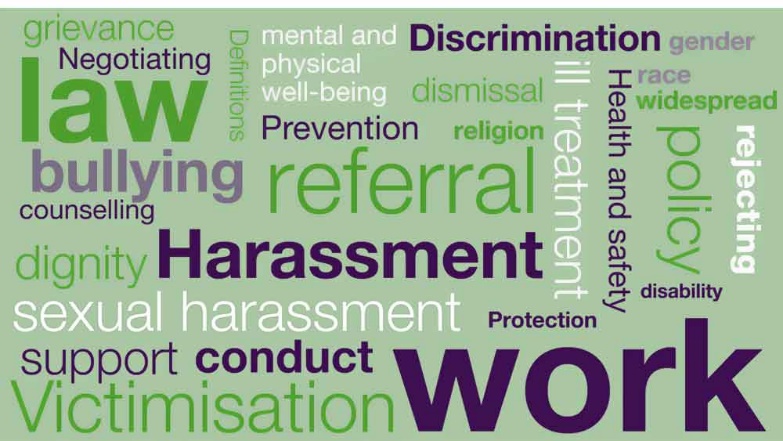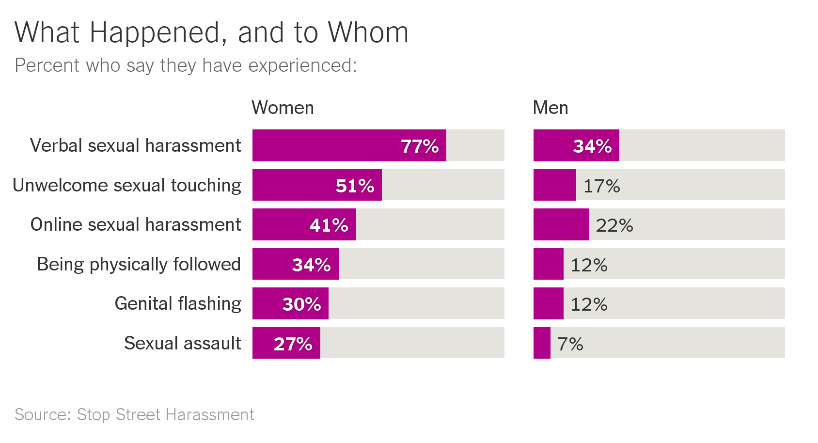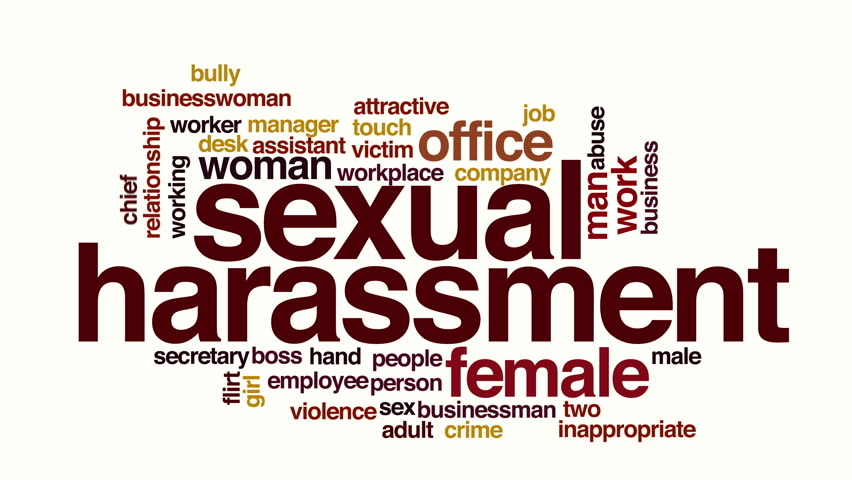
Avellon Williams
KINGSTON, JAMAICA- The Sexual Harassment (Protection & Prevention) Act is nearly ready for implementation. Minister of Culture, Gender, Entertainment, and Sport, Olivia Grange stated that the Government is committed to ensuring that Jamaica’s women remain at the forefront of national and international policies and programs for sustainable development, including the 2030 Agenda for Sustainable Development.

“As we advance the cause for gender equality and justice, we remind ourselves and the nation that the right to live free from fear or harm is enshrined in our Constitution and the United Nations Declaration of Human Rights, to which we are a signatory,” she noted.
The long-awaited legislation aimed at tackling sexual harassment in Jamaica was approved by both Houses of Parliament in October 2021.
Following extensive debates, the Sexual Harassment (Protection and Prevention) Act,2021, was passed in the Senate, after being approved in the Lower House in July with 10 amendments. It was endorsed by both Government and Opposition Senators with an additional 13 amendments.

When closing the debate on the Bill, the Leader of Government Business in the Upper House, Senator the Hon. Kamina Johnson Smith said it represents “a significant milestone in our very long history to protect victims of sexual harassment”.

The legislation addresses concerns about sexual harassment that are employment-related, occurring in institutions or arising in the landlord and tenant relationship.
It contains provisions for dealing with sexual harassment in the workplace, schools, correctional institutions, places of safety, nursing homes, and medical and psychiatric facilities, among other places.
Mrs. Johnson Smith, who is also Minister of Foreign Affairs and Foreign Trade, noted that while it is celebrated that the Bill is gender neutral, “the reality is that sexual harassment is primarily experienced by women, and therefore, this Bill is likely to serve the role of providing greater protection to them, but it provides protection across the board”.
“This is a truly positive day for Jamaica and our development of an equitable society, a balanced society where we don’t normalize the stress, the depression, the anxiety, the negative impact that sexual harassment has had and does continue to have on victims,” she said.
She further reiterated that the Bill does not intend to remove flirtation, or prevent the starting of relationships and so on, “it just really requires people to respect the concept that someone might not want your advance.”

According to the minister responsible for bringing the law into effect, employers should prepare because it’s only a matter of time before it takes effect.
As a result of the implementation of the sexual harassment law, workplace interactions will undergo a seismic shift. In the long run, the law will mean that employers must be more vigilant about protecting their employees and preventing sexual harassment in the workplace.
What is sexual harassment?

The new law defines sexual harassment as any unwelcome sexual advance towards a person by another, which is regarded by the person towards whom the sexual advance is made as offensive or humiliating, or that interferes with work performance or creates a hostile work environment. Sexual advances can range from using sexual slurs to physical contact of a sexual nature under the proposed law.
Who is a worker?

The term “worker” includes contractors, apprentices, trainees, interns, and even volunteers. Therefore, any of these individuals can file a sexual harassment complaint.
An employer will have a greater responsibility to create a harassment-free workplace under this new law. It will now be the employer’s responsibility to take every reasonable effort to ensure that its employees are not sexually harassed during employment. With the coming into force of the sexual harassment law, employers will be required to have a written policy regarding sexual harassment within 12 months.
This new law requires employers to notify a complainant in writing within two days of receiving a complaint alleging sexual harassment. Upon receiving the complaint, an internal investigation must begin and be completed within 14 days.

According to the proposed law, a Sexual Harassment Tribunal will hear and investigate complaints of sexual harassment. If an employer fails to comply with its legal duties, an employee may make a written complaint to the Sexual Harassment Tribunal.
As mandated by the law, designated officers appointed by the minister for gender affairs are responsible for ensuring proper observance of and compliance with the law. In addition to investigating complaints made to the tribunal against employers, these designated officers can also be instructed by the Sexual Harassment Tribunal to do so.

Managing complaints of sexual harassment will require greater vigilance on the part of employers. It is common for sexual harassment complaints to be nuanced and not black and white. Employers charged with protecting their employees from sexual harassment should also be aware that the establishment of the Sexual Harassment Tribunal does not obviate that employer’s obligations to follow the Labour Relations Code.
Due process must therefore be provided to a worker accused of sexual harassment. The employer must provide a fair hearing to the accused while also fulfilling its duty to the worker who complained about the harassment.
To protect employers from claims that they failed to comply with their responsibilities under the sexual harassment law and to protect employers from a claim by an accused worker that the employer failed to provide a fair hearing, HR professionals will need to exercise greater vigilance.




